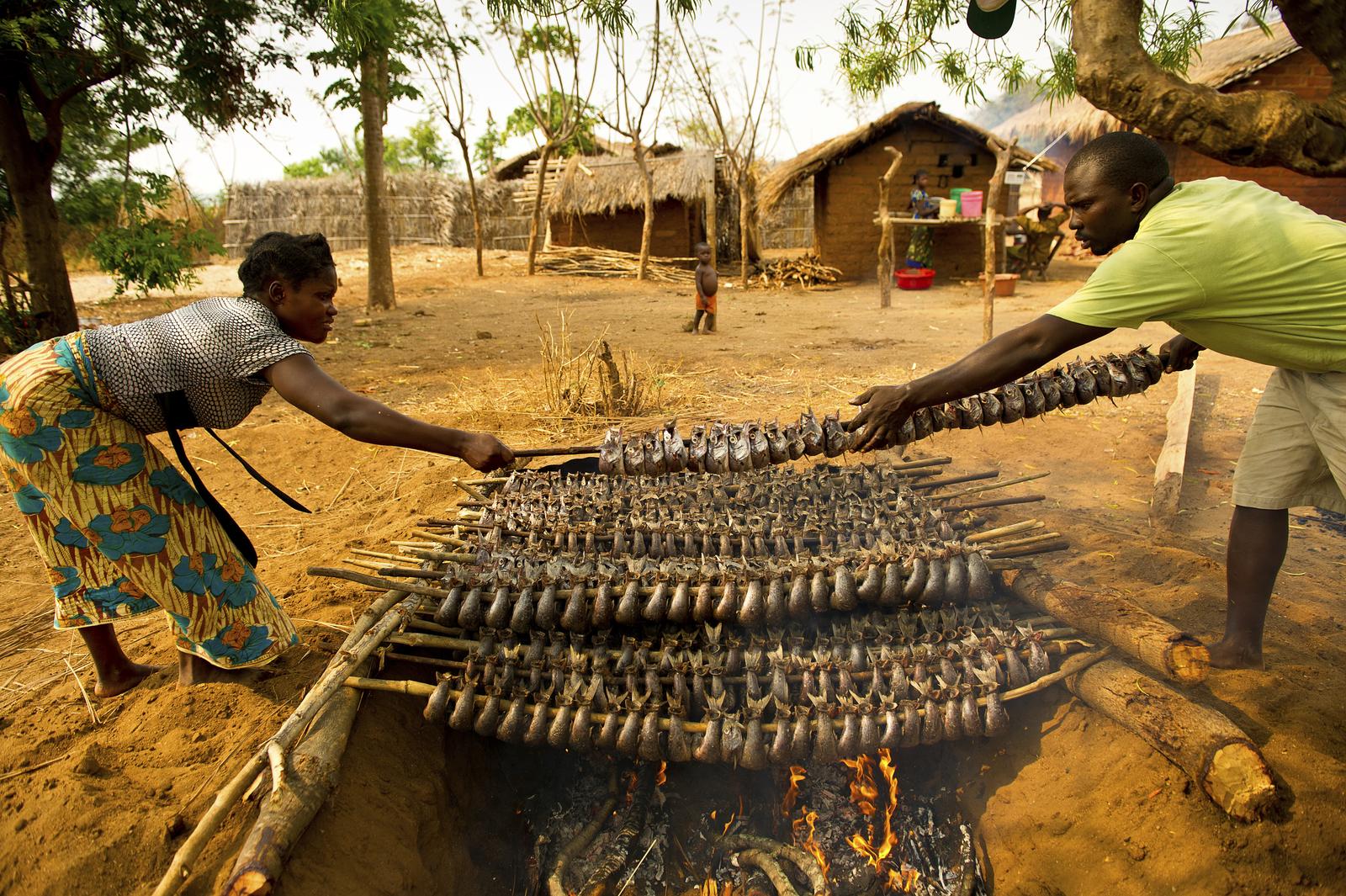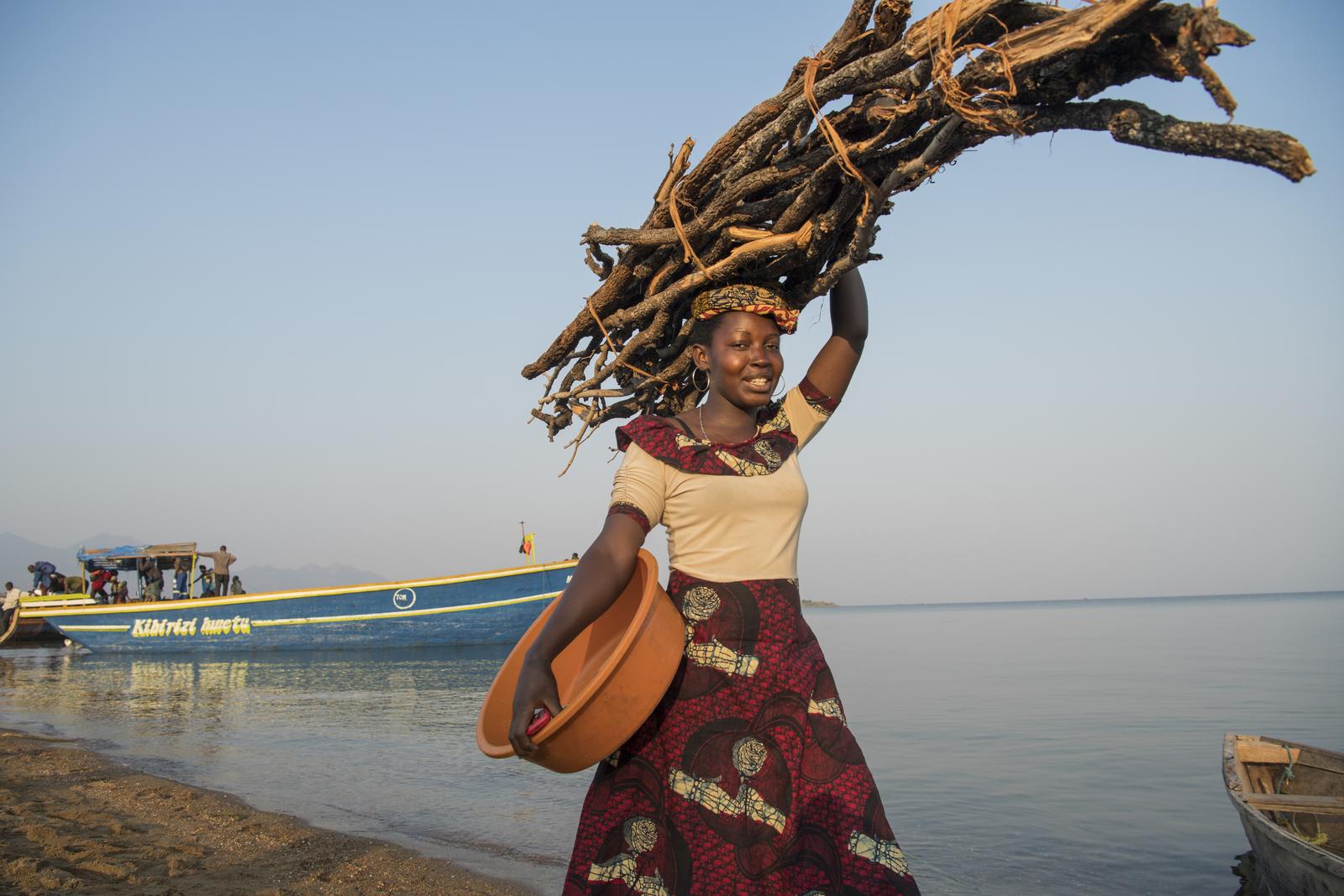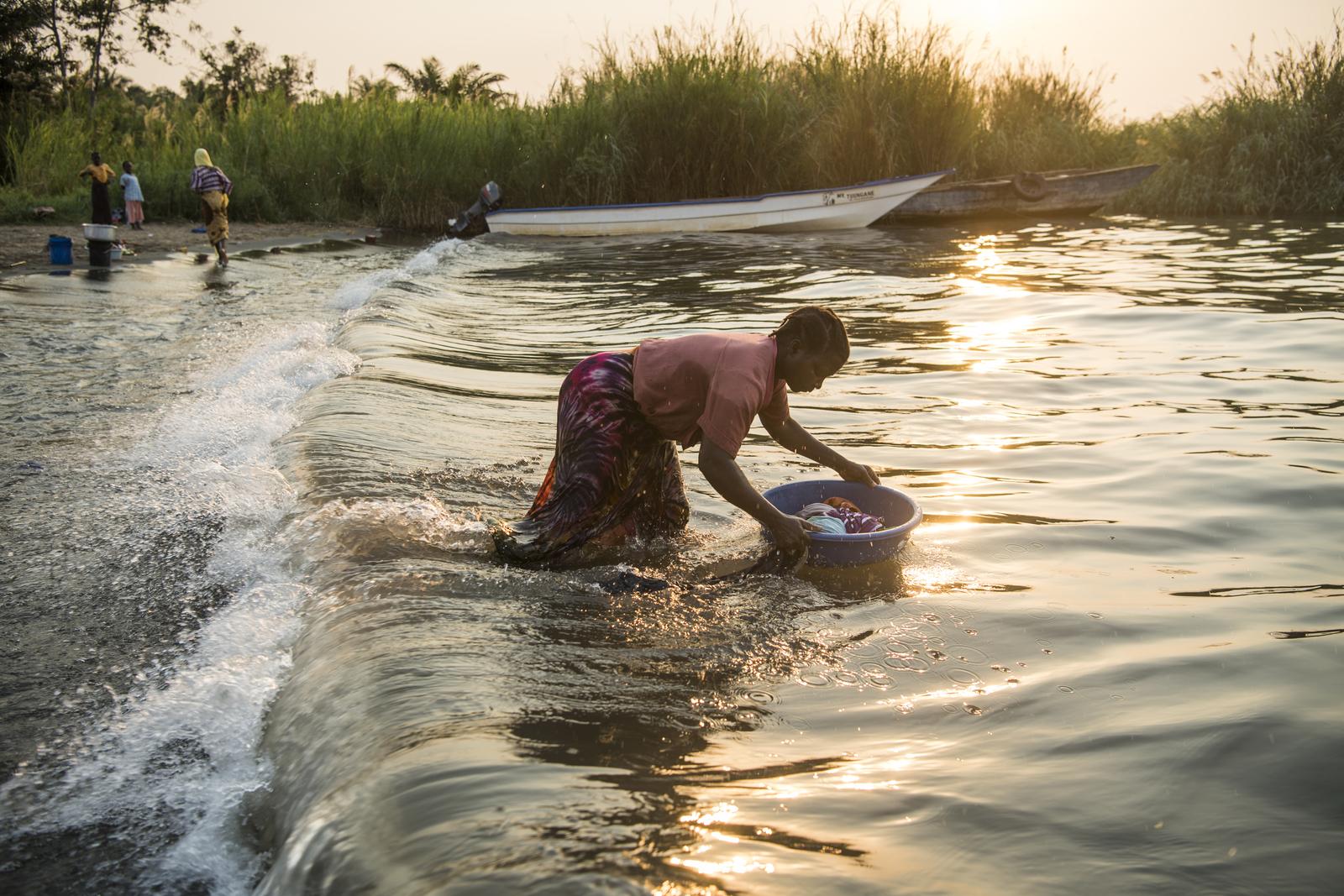
Defining Ecosystem Services and Biodiversity Benefits
The African Great Lakes shape the world around them. They supply water for people and industry, generate electricity through hydropower systems and create a stable climate that supports farming. In addition to holding more than one quarter of the world’s available surface water, the African Great Lakes region is also home to an incredible diversity of plants and animals. Over 2,000 species of cichlids live in the lakes, representing 10 percent of fish species in the world. The fish found in the lakes support one of the largest freshwater fisheries in the world, directly feeding local communities and providing them with a resource to sell.
These are only a few of the ecosystem services that the African Great Lakes provide to more than 50 million people that live around them. Yet, human activities threaten these services and thus the communities that depend on them are at risk. Across the region, there are investment opportunities in agriculture, hydropower generation, urban and industrial development, recreation, mining, oil extraction and tourism. These opportunities have the potential to diminish the ecosystem services and biodiversity that support the region. A sustainable approach is needed to maintain the ecosystem services and reduce human impacts on natural resources.
Why It Matters
Why It Matters-Ecosystem Services
Fish

Fish are both a direct source of food and an economic commodity for communities around the African Great Lakes.
Source: Villagers smoke fish they've purchased from local fisherman and then resell the fish at local markets in the village of Katumbi on Lake Tanganyika in Tanzania. Ami Vitale
Firewood

Timber is a key fuel source, but the unsustainable use of firewood can have severe consequences on both human and environmental health.
Source: Early morning scene on Lake Tanganyika. Ami Vitale
Washing Clothes

Water is needed to complete numerous household tasks, such as washing clothes. However, washing directly into the lake introduces pollutants that threaten the main drinking water source.
Source: Women and children wash on the edge of Lake Tanganyika in the village of Nkongwa. Ami Vitale
Focus Areas
African Great Lakes Inform provides resources to managers, researchers and stakeholders across the AGL region who are working to maintain ecosystem services and biodiversity. Entities working on this theme are focused on the following:
- Calculating the economic value of ecosystem services
- Communicating the value and location of biodiversity by identifying trigger species and Key Biodiversity Areas
- Understanding the links between biodiversity and ecosystem services
- Discovering how catchment health affects freshwater service delivery
- Building resilience for sustained provision of biodiversity and ecosystem services
- Turning biodiversity into economic development for local communities
- Assessing the impacts of invasive species on ecosystem services and biodiversity, and developing plans to reduce the risk of invasive species
- Identifying the tradeoffs between biodiversity values and other development interventions, especially dam construction, oil exploration and extraction, land use and urbanization